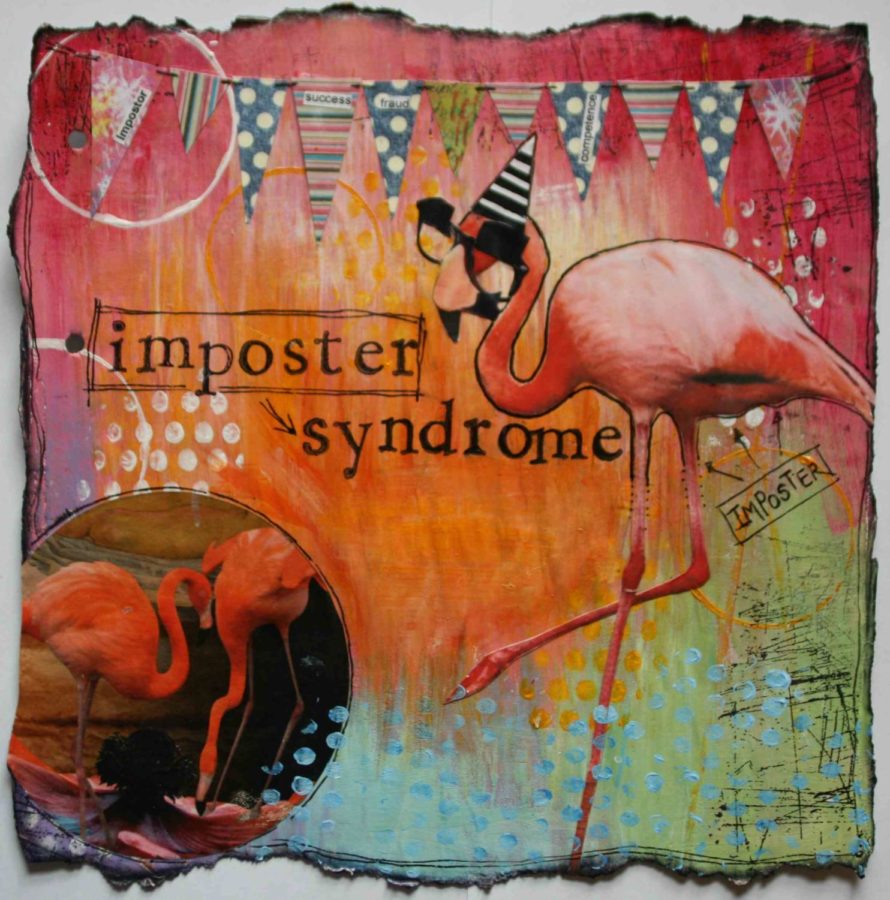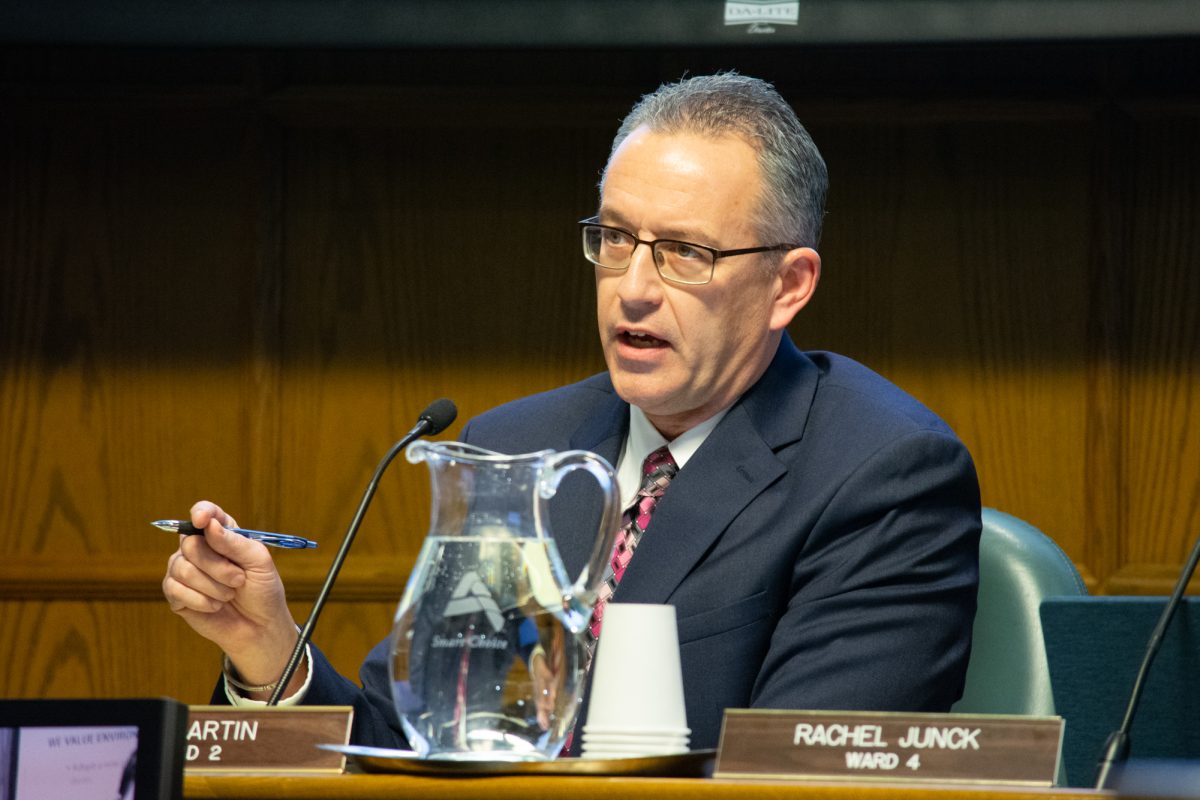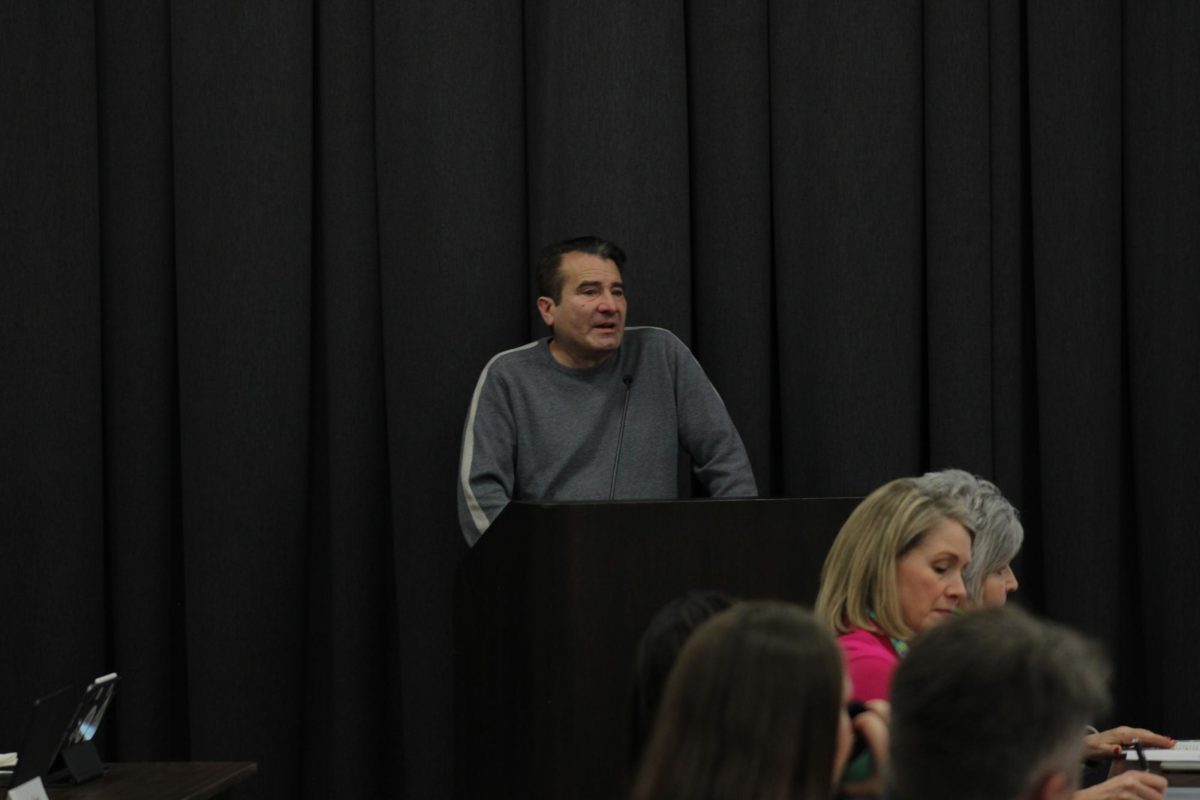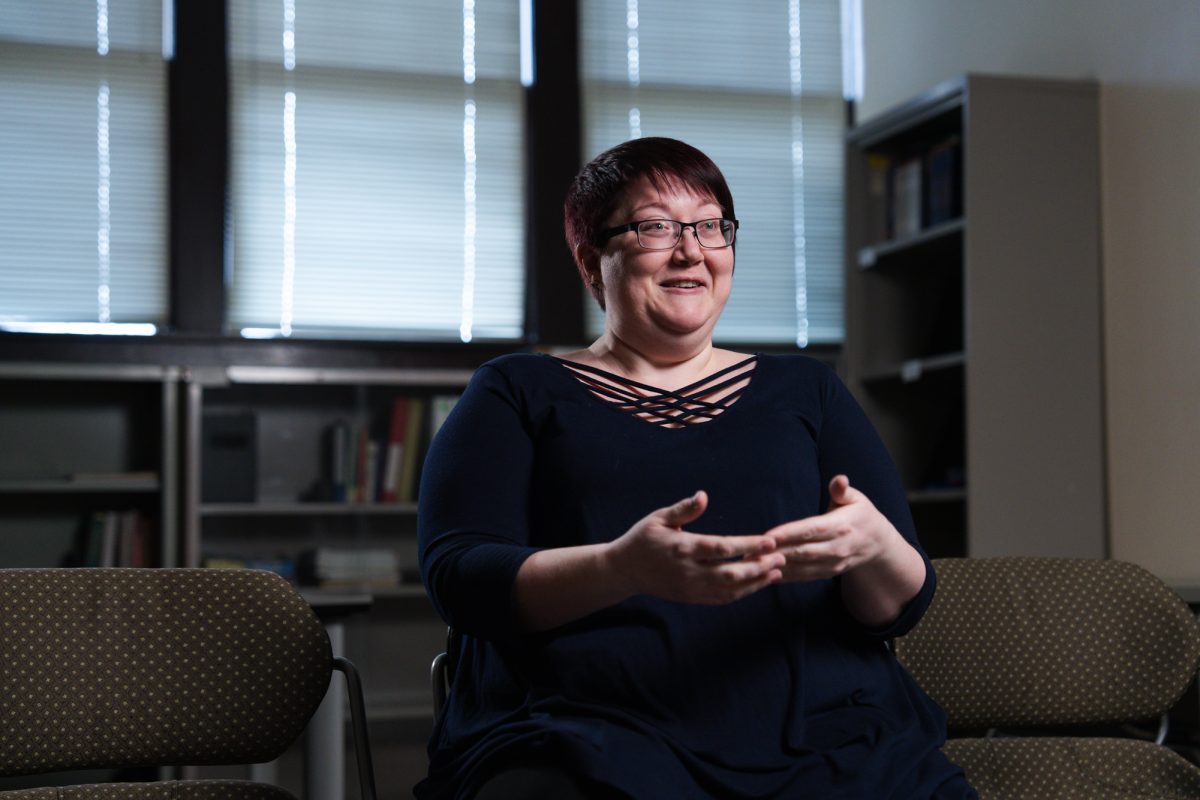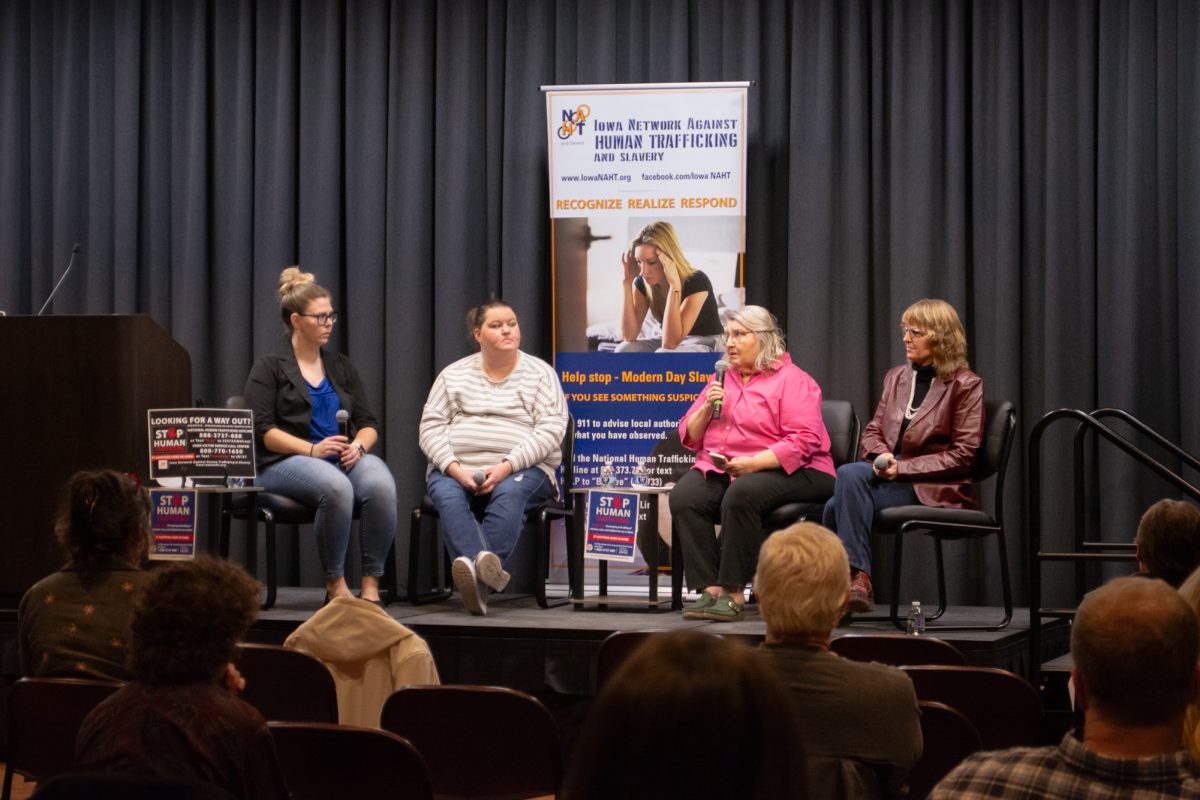The impact personal environment has on Impostor Syndrome
Impostor Syndrome can be the sense that one doesn’t feel like they belong in a certain area of life, such as a community, academic program or career.
October 21, 2020
If you ever feel like you don’t belong in a space, feel like a fraud or carry feelings of inadequacy and self-doubt despite your previous accomplishments, you may be dealing with Impostor Syndrome.
Lauren Wright, a clinical therapist for Student Counseling Services, defines Impostor Syndrome as a human psychological experience.
“It is this sense that we don’t belong in a certain area of our life, such as our community, academic program or career,” Wright said. “As if somehow, we made it into a group mistakenly.”
Sharing your experiences and talking about your feelings with close friends, mentors or anyone you are comfortable with is the first step to battling Impostor Syndrome or impostorism, according to an article by Mindful.
“Sometimes, people feel this briefly as they enter a new stage of life, such as starting graduate school or a new job, though actual performance quality doesn’t correlate with levels of impostorism,” Wright said. “I’ve read that at least 20 percent of students feel this during their college career.”
Group counseling is an option for students seeking social support and looking to build connections. It is available to students through Student Counseling Services.
A workshop and a skills corner video about self-compassion, amongst other resources, are available on the Student Counseling Services YouTube channel.
To initiate services, students can call the Student Counseling Services office at 515-294-5056. The office is open from 8 a.m. to 3 p.m. Monday through Thursday.
Impostor Syndrome can impact anyone, but according to an article by The New York Times, underrepresented groups are affected the most.
“Representation plays a big role when it comes to impostor syndrome,” said Jasmine Tappin, the coordinator for retention for the George Washington Carver Program.
In her graduate studies, Tappin researched the impostor phenomenon and how it affects women of color in predominantly white spaces.
“Impostorism affects underrepresented communities across the board,” Tappin said. “Whether it is being a person of color, being a first-generation student, coming from a working-class background or all the above, impostor syndrome is prevalent among marginalized communities.”
Each year, there are about 400 students of color in The George Washington Carver Program that Tappin helps provide personal, academic and professional support for.
Tappin said when students come to her with feelings of impostor syndrome, they typically do not outright say they have impostor syndrome.
“It’s more so like, ‘I don’t feel like I belong here,’ or ‘I don’t think I can continue to push further,’ or ‘I don’t know if school is right for me,’” Tappin said.
To guide students through feelings of impostorism, Tappin connects students with organizations, peer mentors or instructors who come from similar backgrounds to help deflate the impostorism students are feeling.
A Harvard Business Review article called “How to Manage Your Perfectionism” says perfectionism can either push you to perform at your best or causes unnecessary anxiety.
The same can be said about impostorism: if you don’t feel like you belong somewhere, you’re not going to be comfortable and try to overcompensate in your work, which can result in unnecessary anxiety.
Carrie Giese, the health promotion coordinator for Iowa State’s Student Wellness program, said impostorism and perfectionism are interconnected but there is a difference between the two.
“It’s the difference between being invited to dinner and owning the table you’re sitting in,” Giese said. “If you’re sitting at home at your own table, at least me, I’m going to be in my sweatpants, I’m going to have a messy bun on, if I don’t close my mouth when I chew it’s going to be alright. But if I go to someone else’s home to eat, I am not wearing sweatpants, I’m not having the messy bun and I’m [practicing] all my manners.”
Giese is an advocate for mindfulness and said she thinks it is a great resource to help deflate impostorism. Giese suggests students look into mindfulness as a resource to recognize their biases they may have about themselves.
“When you’re aware of your own biases, then you’re less likely to react to them,” Giese said. ”You can be aware you have a bias that [you] shouldn’t be here.”


